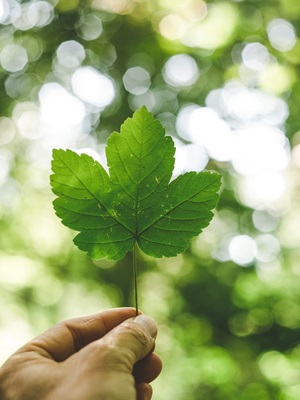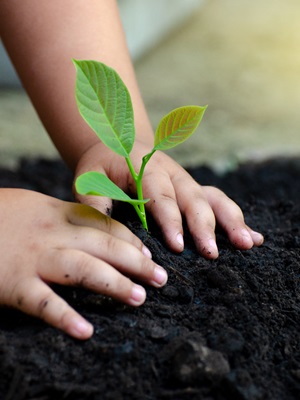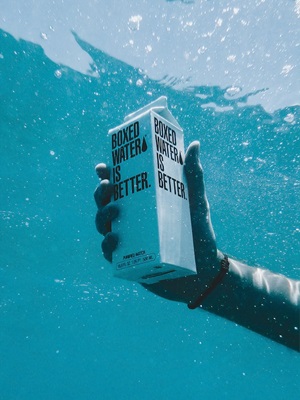My country is the one of the most dangerous countries in the world for environmental defenders and activists and has been the most dangerous in Asia for the past decade. This is a reality that we face regularly – seeing and hearing news of activists and communities being arrested, harassed, and killed as a result of their resistance.
Last February 24, 2022, I was shocked to see a very familiar name in the news. Chad Booc, a friend and an environmental defender, was killed by the Philippine military at the age of 26, along with four others – Jurain Ngujo II, volunteer teacher, Elegyn Balonga, community health worker, and drivers Robert Aragon and Tirso Añar.
Chad was a volunteer teacher with the Save Our Schools (SOS) Network, a nongovernmental organization providing non-formal education to Indigenous Peoples’ communities. Community reports state that they were on their way home to Davao City after visiting an Indigenous community in New Bataan, but the Philippine army reported them as armed guerilla fighters. They labeled the community volunteers as terrorists and insinuated that the Lumad schools are also linked to terrorist groups. “Ancestral lands are highly militarized and the Lumad are constantly forced to evacuate due to increasing military presence. With these threats to IP (Indigenous People) communities and ancestral lands, their right to self-determination as an indigenous group is also constantly undermined by the fascist state,” says SOS Network in a statement.
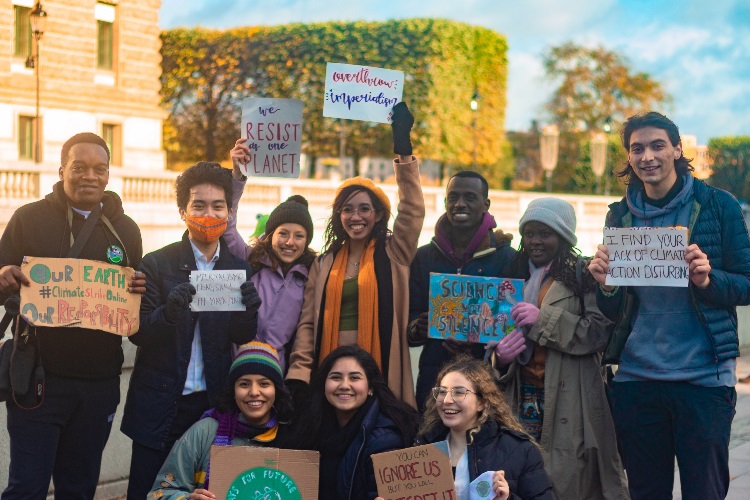
I remember when I first met Chad. It was during one of my first student protests in 2017 when I was just starting to understand the importance of activism. As Chad spoke in front about the importance of standing in solidarity with the Lumad Indigenous People, my friend whispered to me that he was a cum laude graduate of BS Computer Science but he gave all that up to be a volunteer teacher and to truly immerse himself and live with the Lumad Indigenous People in the mountains. He understood the plight of the Lumad and the importance of not only standing in solidarity with them but truly joining their struggle for the protection of our planet.
I was inspired by Chad after seeing him at that protest. In his years of activism, he proceeded to inspire and push many others to become an activist. “It is right to rebel” That’s what it says in Chad’s Twitter bio. That’s what he would remind me when he was convincing me to do activism full time. He was one of the ones who gave me the courage to take the road less traveled, one full of risks and hardship but also one full of love and fulfillment. He loved what he did, he loved his students and he wanted to share this love with everyone he met. Even though he’s gone, his revolutionary love for the people and the planet lives on. One of his last posts talked about how when the Lumad die, they are not buried, they are planted.
I fully committed to activism in 2017 after a conversation with a Lumad Indigenous leader. He was telling us about how they were being harassed, displaced, militarized, and killed all for protecting their ancestral land, the forests, the planet. After he told us about all those atrocities, he simply shrugged, chuckled, and said “that’s why we have no choice but to fight back.” It was so simple to him – that’s when I realized that it really should be that simple. When there is oppression and injustice, there needs to be resistance – we have no choice but to fight back.
Six years later, I am now a full-time climate activist with Youth Advocates for Climate Action Philippines, the counterpart of Fridays for Future in our country.
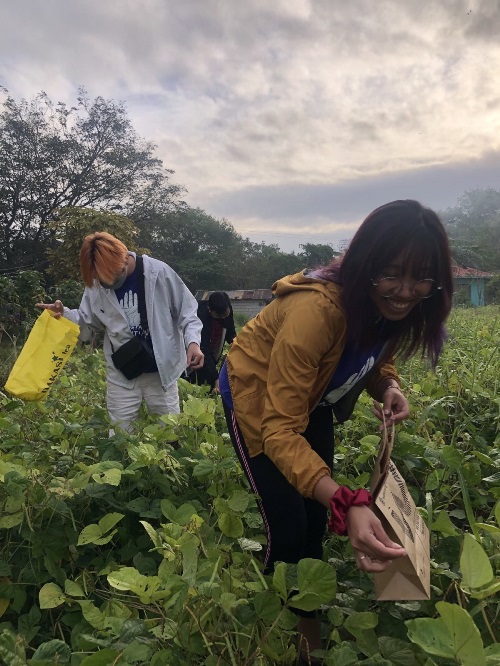
Climate reparations are a core demand for the youth movement especially after we saw how climate finance and the crucial topic of Loss and Damage were pushed aside in last year’s UN Climate Conference or COP 26. We need to start seeing climate finance not as solidarity or help from the developed countries to the developing countries but rather as a form of reparations from the Global North countries that have caused the climate crisis to the overexploited Global South countries that are dealing with the brunt of the crisis.
Across the world politicians and so-called leaders continue to fail us, and even in my own country, our national government has not handled the climate crisis with the urgency needed, especially as a country that’s already facing the worst impacts of it.
Across the country, we demand climate leadership and trustworthy leaders – leaders who will not harm our environmental defenders, who will listen to the youth, who have the political will to demand reparations from the Global North imperialist countries, leaders who will not steal from the Filipino people and use climate finance for pro-people adaptation and a just transition into a renewable energy system. To fight for climate justice is to fight for democracy and freedom.
Posted 31/10/2023














